- Seven civilians, including infant, killed in junta airstrikes on Kyauktaw and Mrauk-U
- The Mizoram Hard Journey (or) Sailing Up the Kaladan
- Arakan Army expands operations into Sagaing Region, seizes four junta camps
- ULA purchases paddy from farmers amid market shortage in Arakan State
- After Arakan fighting, Taungup residents struggle to rebuild homes
Over 1,600 villages in Arakan State not getting 24-hour power
More than 1,650 villages in Arakan State remain without 24-hour electricity as the current government’s term nears its close, according to the state’s Electric Power Engineer Office.
25 Nov 2020
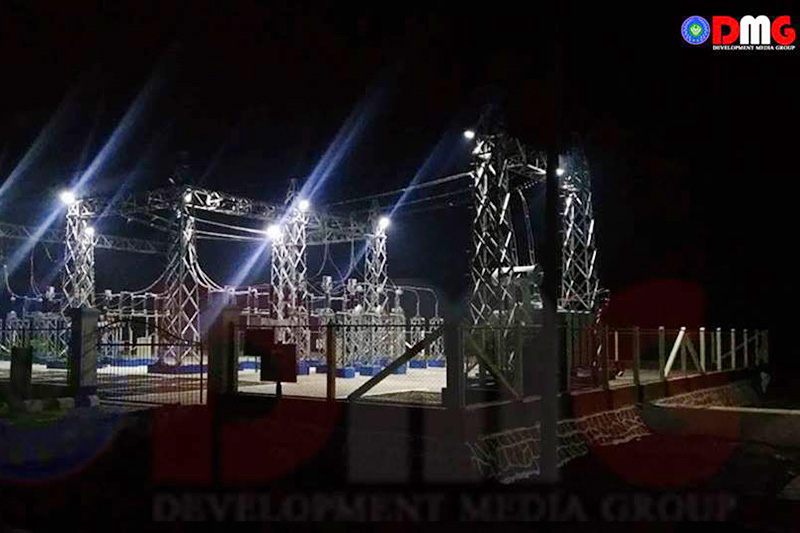
Khin Tharaphy Oo | DMG
25 November 2020, Sittwe
More than 1,650 villages in Arakan State remain without 24-hour electricity as the current government’s term nears its close, according to the state’s Electric Power Engineer Office.
Out of a total 3,742 villages in Arakan State, the office said there are 1,652 villages that are not receiving power around the clock.
Deputy Chief Engineer U Myo Win of the Arakan State Electric Power Engineer Office said a lack of roads and topographic difficulties are challenging electrification efforts, which include a goal of electrifying all villages within a 10-mile radius of the national grid.
“There is a budget. We get budgeted a certain amount. It has increased year after year. ... It [a village] may be near but there are creeks and rivers we have to cross even though it is within a 10-mile radius. The rivers are quite wide. Due to these limitations, we can’t do it though the areas are within a 10-mile radius,” he said.
Chaungnwe Mingan village, which lies only 3 miles from Sittwe, still has no electricity and villagers complain of attendant hardships.
A daily wage porter from Chaungnwe Mingan village, Daw Moe Nan San, said charcoal prices were higher because residents have no grid power.
“The jobs are not making good money. We will be OK if we have power. We want it to be done as early as possible,” she said.
U Myo Win of the State Electric Power Engineer Office said installation of power lines is also dependent on stability in the areas awaiting electrification.
“If area security is good, we can do it. And the third point is transportation: If there are no roads linking two adjacent villages, we cannot link to the power supply,” he said.




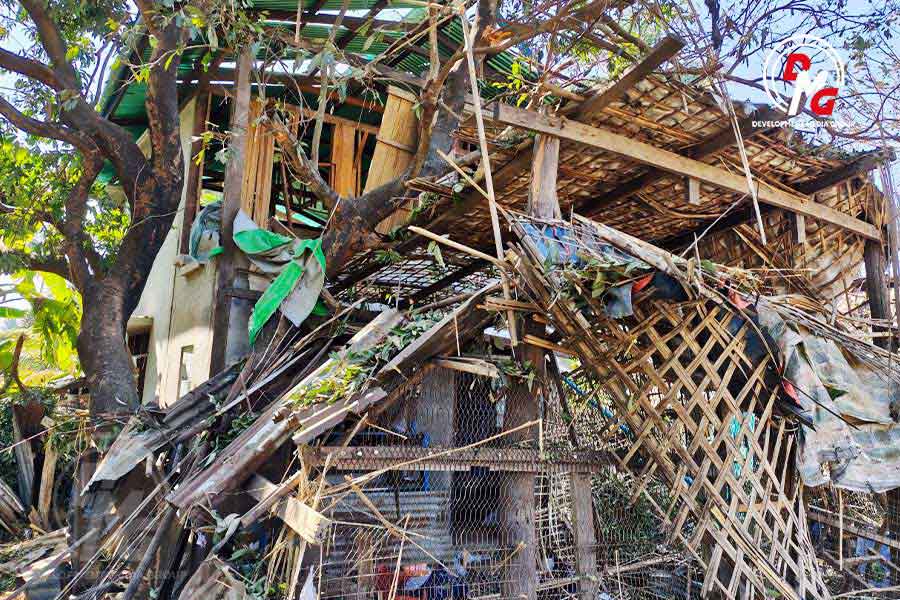
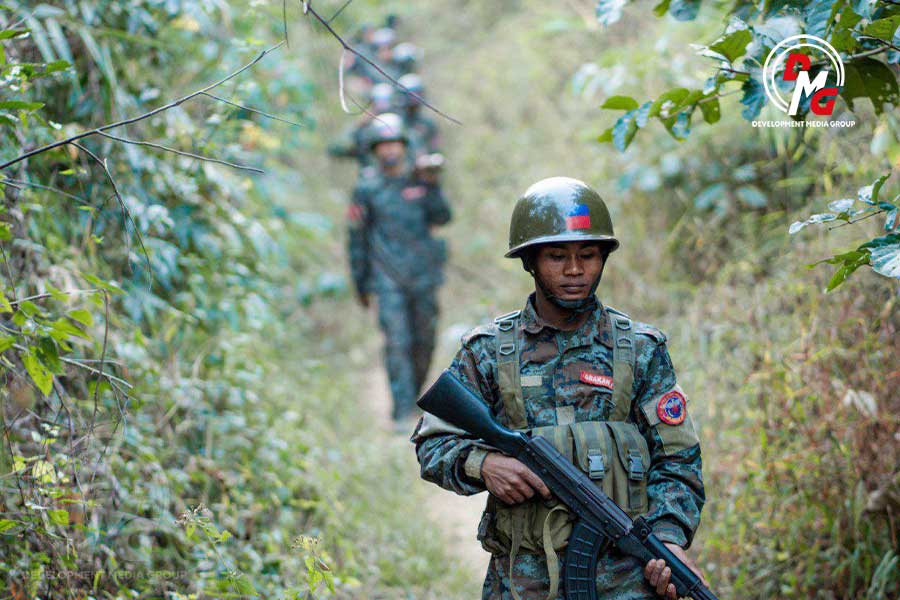
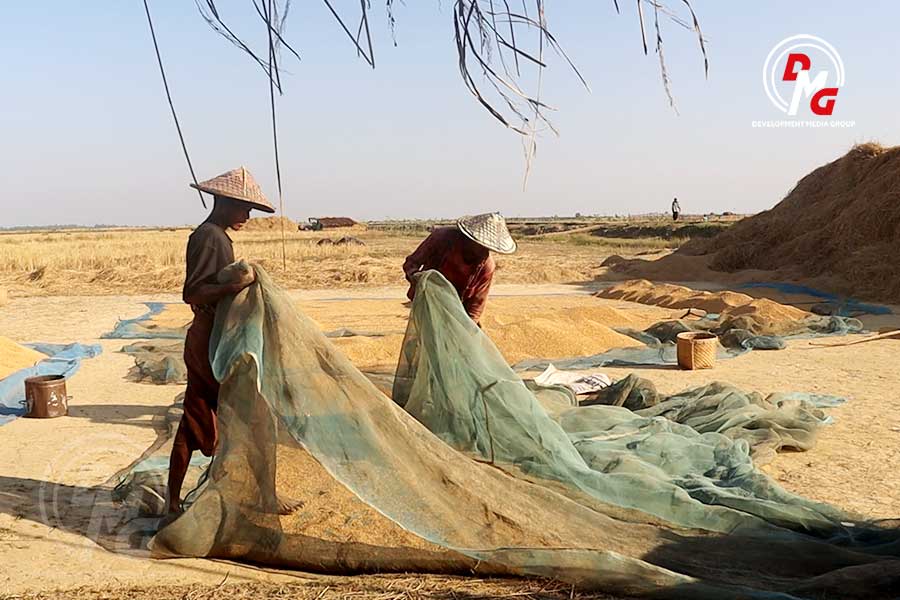
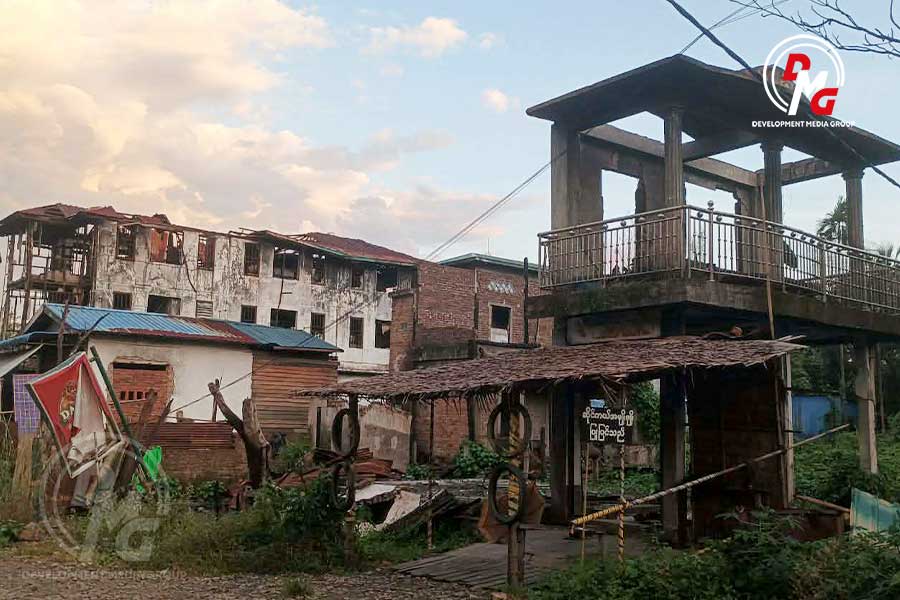








.jpg)
